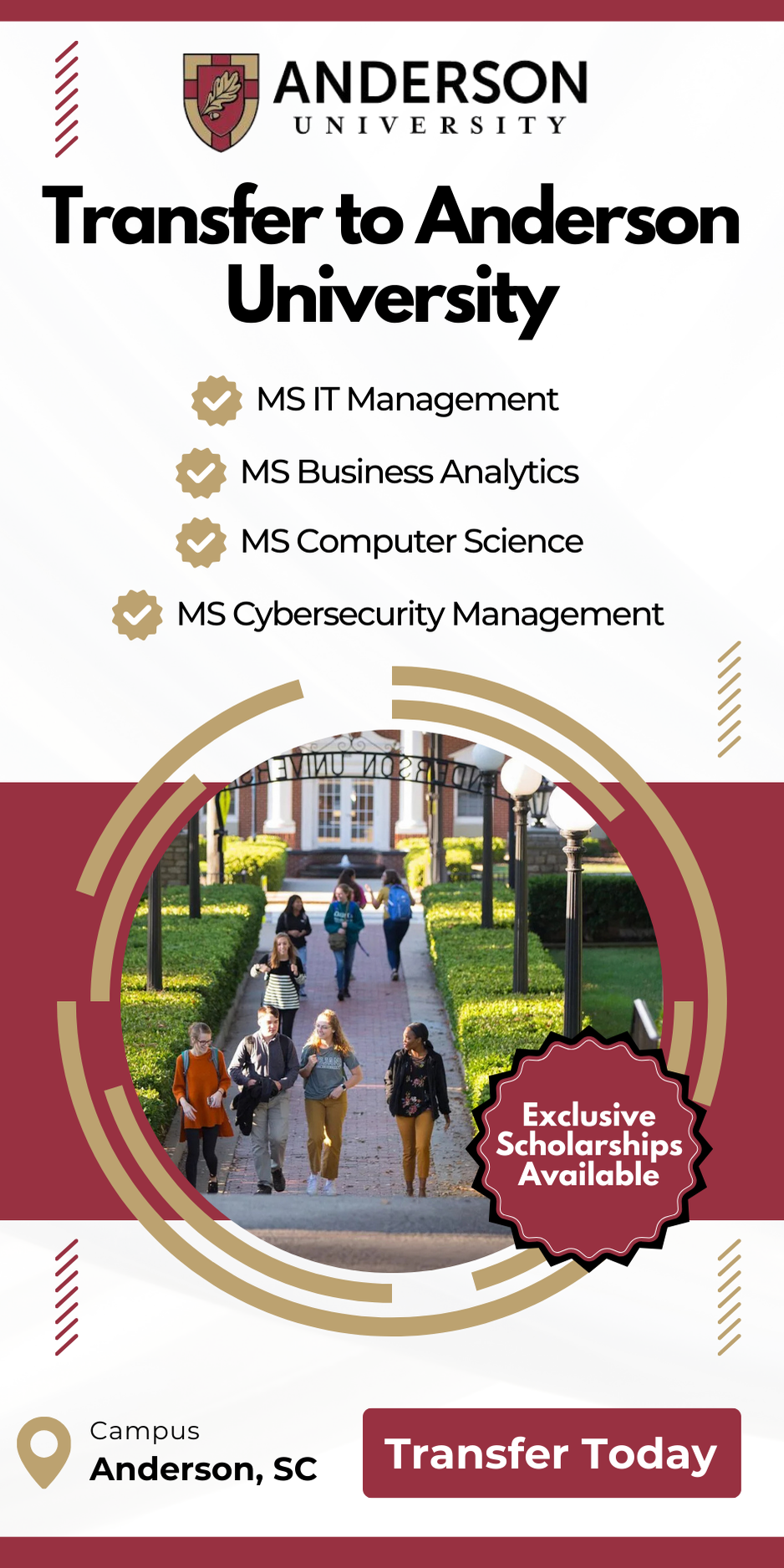Overview
The H-1B visa application process can be complex, especially for Day 1 Curricular Practical Training (CPT) program students. A common challenge faced during this process is receiving a Request for Evidence (RFE) from the U.S. Citizenship and Immigration Services (USCIS). This guide aims to provide insights into the nature of RFEs, common reasons they are issued, and strategies to effectively respond, ensuring a smoother transition from Day 1 CPT to H-1B status.
Understanding Requests for Evidence (RFE)
An RFE is a formal request by USCIS for additional information or documentation to decide on a visa petition. Receiving an RFE does not signify a denial; it indicates that USCIS requires more evidence to proceed. Timely and accurate responses to RFEs are crucial to avoid delays or potential denials in the visa process.
Common Reasons for RFEs in Day 1 CPT to H-1B Transitions
- Maintenance of F-1 Status: USCIS may question whether the student properly maintained their F-1 status while participating in Day 1 CPT. Ensuring continuous full-time enrollment and adherence to program requirements is essential.
- Accreditation of the Day 1 CPT Institution: The legitimacy of the institution offering Day 1 CPT can be scrutinized. Enrolling in accredited and recognized universities helps mitigate this concern.
- Program Relevance: The employment undertaken during CPT must be directly related to the student’s field of study. USCIS may request evidence demonstrating this connection.
- Immediate Work Authorization: Day 1 CPT allows students to begin employment immediately upon program commencement. USCIS may seek clarification on the necessity and authorization of such immediate employment.
- Employer-Employee Relationship: Clarification may be needed to establish a legitimate employer-employee relationship during the CPT period.
Strategies to Address and Prevent RFEs
- Maintain Detailed Records: Keep comprehensive documentation of your enrollment status, employment history, and correspondence with the educational institution and employer.
- Enroll in Accredited Institutions: Choose universities with proper accreditation and a history of compliance with USCIS regulations.
- Ensure Employment Alignment: Verify that your CPT employment is directly related to your field of study and is integral to your academic program.
- Seek Professional Guidance: To navigate potential challenges effectively, consult with immigration attorneys or advisors familiar with the Day 1 CPT and H-1B processes.
People Also Ask (PAA)
- What is a Request for Evidence (RFE) in the H-1B application process?
- An RFE is a request from USCIS for additional documentation to make an informed decision on a visa petition.
- Does receiving an RFE mean my H-1B application will be denied?
- No, an RFE indicates that USCIS needs more information. A well-prepared response can lead to application approval.
- How can I avoid an RFE when transitioning from Day 1 CPT to H-1B?
- Maintain proper F-1 status, enroll in accredited institutions, ensure your employment aligns with your field of study, and keep detailed records.
- What should I include in my RFE response?
- Provide all requested documents, a cover letter explaining the evidence, and any additional information that supports your case.
- How long do I have to respond to an RFE?
- The response time is typically specified in the RFE notice, usually ranging from 30 to 90 days.
- Can I continue working while my RFE is pending?
- If you maintain valid status and have proper authorization, you may continue working unless otherwise directed by USCIS.
- Is Day 1 CPT legal?
- Yes, Day 1 CPT is legal when offered by accredited institutions and when students comply with all regulatory requirements.
- Does participating in Day 1 CPT increase the chances of receiving an RFE?
- While not guaranteed, participation in Day 1 CPT can raise questions, making thorough documentation and compliance essential.
- What happens if I don’t respond to an RFE?
- Failure to respond can result in the denial of your H-1B petition.
- Can I appeal a denial after an RFE?
- Yes, depending on the case’s specifics, you can file a motion to reopen, reconsider, or appeal to the Administrative Appeals Office.
By understanding the common reasons for RFEs and implementing proactive strategies, students can enhance their chances of a successful H-1B petition following participation in a Day 1 CPT program.

